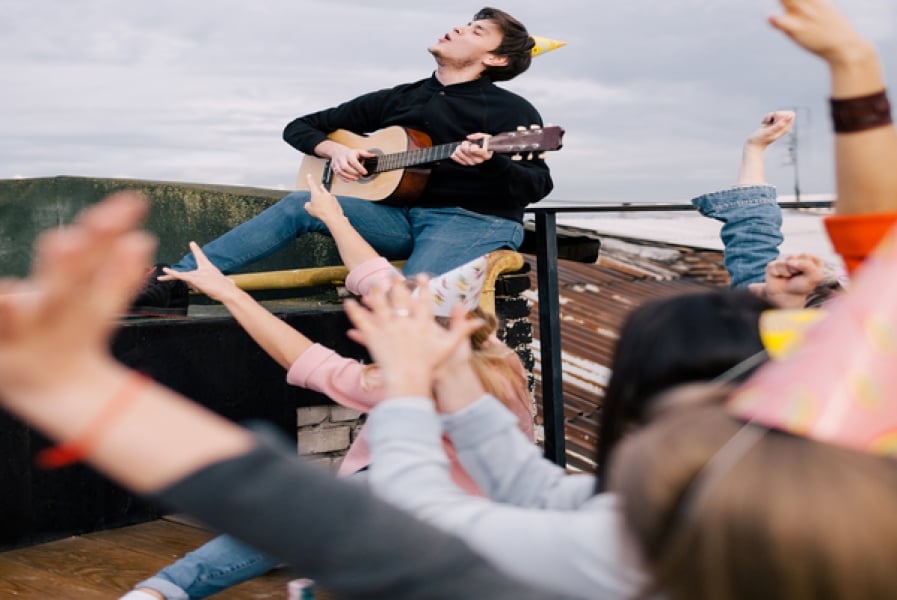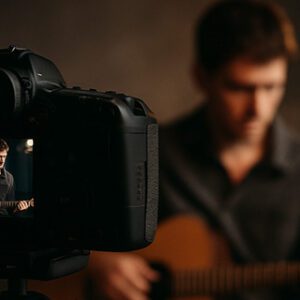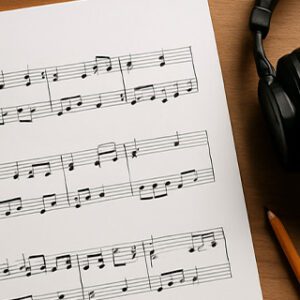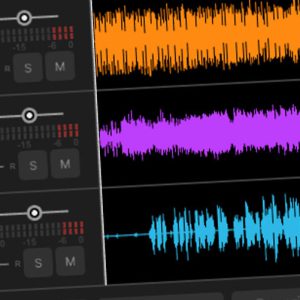The Role of Music in Human Culture
Our uninhibited access to music sometimes results in this essential art form being taken for granted. Yet, music remains one of the most profound forces that has helped to shape and tell the history of humans across thousands of years.
The diverse forms of music represent not only the defining qualities of different lifestyles and traditions in society but also continue to impact our collective evolution. In other words, music influences people, and people influence music. While it’s easy to observe the effects of cultural preferences on music’s development (such as storytelling and religious practices), the relationship between music and human development is sometimes overlooked.
What is music?
Music is both simple and complex, leading to many definitions across cultures and times. Unlike art forms that can be touched or seen (drawings, paintings, acting, dancing), music has no physical form. A simple definition of music is that it is sound organized in a way that evokes various responses. Music often involves instruments or vocals (or both) and is defined by elements such as pitch, rhythm, harmony, and timbre, which together create a unique experience for listeners.
The creators and performers of music are inspired by various factors, from individual creativity to technological influences and available resources. Music can embody endless qualities—soothing and soulful, sorrowful and shrill, and so much more. Because of this versatility, music can help people get through challenging days, set a romantic mood, energize social gatherings, and much more.
The Eight Roles of Music in Human Culture
-
Providing a Voice for the Masses
- Music has long served as a platform for social movements and expressions of collective thought, giving voice to issues of justice, equality, and freedom. Songs like “Give Peace A Chance” by Plastic Ono Band, “A Change is Gonna Come” by Sam Cooke, and “Mississippi Goddam” by Nina Simone are examples of music that have captured the sentiments of people during pivotal times.
-
For Celebration
- This is perhaps the most popular use of music. From parties and holiday observances to sports events and rituals, music amplifies the celebratory mood. Cultures across the world use music to celebrate births, memorialize loved ones, and mark significant milestones.
-
Promoting Expression in Movement (Dance)
- Dance and music are deeply interconnected. Skilled dancers express themselves through synchronized movements that embody the rhythm, tone, and meaning of music. This form of art remains an essential medium of expression and cultural storytelling.
-
Helping Us Cope
- Music helps people manage emotional and psychological challenges. Recent research continues to support music’s therapeutic impact, showing how music can activate similar brain functions as certain medications for anxiety or depression. Whether through lyrics, melody, or intensity, music provides a healing space for those dealing with emotional hurt or daily struggles.
-
For Motivation
- Many people turn to music for motivation, especially when facing tasks or goals. Whether through energizing playlists for workouts or empowering lyrics, music has the unique power to fuel ambition and perseverance.
-
To Communicate
- Music is a powerful communication tool. Many individuals, especially introverts, find music an effective way to express emotions or thoughts they struggle to articulate. This form of expression connects people across languages and cultures, allowing them to communicate through shared emotional experiences.
-
For Relaxation
- Relaxing music has become a staple for unwinding after a long day or preparing for restful sleep. Studies have shown that music can enhance sleep quality and reduce stress, providing a simple, accessible tool for relaxation.
-
For Education and Sharing Ideas
- Music plays a role in education and communication, from political campaigns to advertising. Educators use music to make complex topics more engaging, and brands use it to connect with audiences, proving that music remains an effective medium for conveying ideas.
The reach of music remains deeply intertwined with human culture and continues to shape the human experience. Music, after all, is life.
























